Last Updated on February 9, 2023 by Rachel Hall
Introduction
Do you ever feel like we constantly have to update our lists of rules? Between fashion, etiquette, food and work, there seems to be an unending amount of guidelines to follow, and it’s pretty exhausting. Sometimes, we all need to eat spaghetti bolognese and not wear a bra. Anyone who feels this way might be interested in the new dating trend, known as “intuitive dating”.
What is intuitive dating?
Intuitive dating is when you listen to your inner voice and do what feels right. If you don’t want to see someone again, tell them and then block their number. If you want to sleep with someone, and they’re into it, then get it on. The idea is to cut out all of the rules and manipulation and just be honest about who you are. If you had a great date and you’d like another one, don’t wait three days to call, or worry they’ll judge you, because if they don’t like it, they’ll leave. You might leave dating apps and just meet people organically, consciously choosing to work on your own interests and allow your love life to happen naturally.
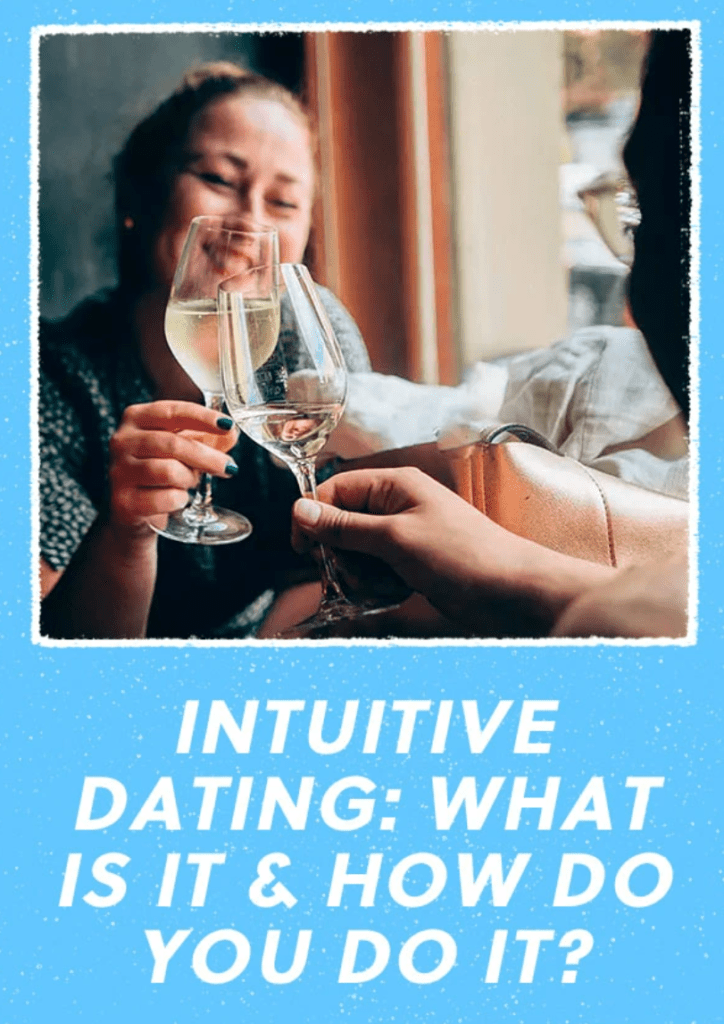
How might it go for you?
Honestly, I love this idea. Relationships are supposed to be about honesty and trust, and if you start off by pretending to be someone you’re not, things won’t pan out. Initially, you might end up having a few dates where things don’t go as planned, but the more you listen to your intuition the more likely you are to find someone you actually like, instead of attempting to kindle a relationship with a person you find a little dull. You can have some bad dates, too: there are plenty of other fish in the sea, remember? Plus, you’ll probably get some funny stories to share with your friends. It’s less about using a sixth sense and more about realising that you enjoy a date’s company and deciding to spend more time with them.
Understanding your partner
Intuition works both ways. If you like someone, go for it – and if you get the feeling they don’t like you, back off. I do think you should text or call someone if you’d like to speak with them, but pay attention to the way they respond. If they’re ignoring you or not answering your messages, take the hint and leave them alone. That’s good advice for intuitive dating, conventional dating and any other kind of relationship. Following your intuition doesn’t mean that you can ignore someone else’s boundaries.
The wider context for this trend
Intuitive living has led to intuitive dating, and I certainly think these ideas can be applied elsewhere. If you’re unhappy with your job or career, look into other options. If you get an anxious sensation when you spend time with a friend, see them less. Try to consider why this might be, and meditate or journal if you need to work through some feelings. People do take this too far, of course: you probably aren’t getting “inner nudges” to go to a particular coffee shop because God has planned something for you, your body might just be craving caffeine.
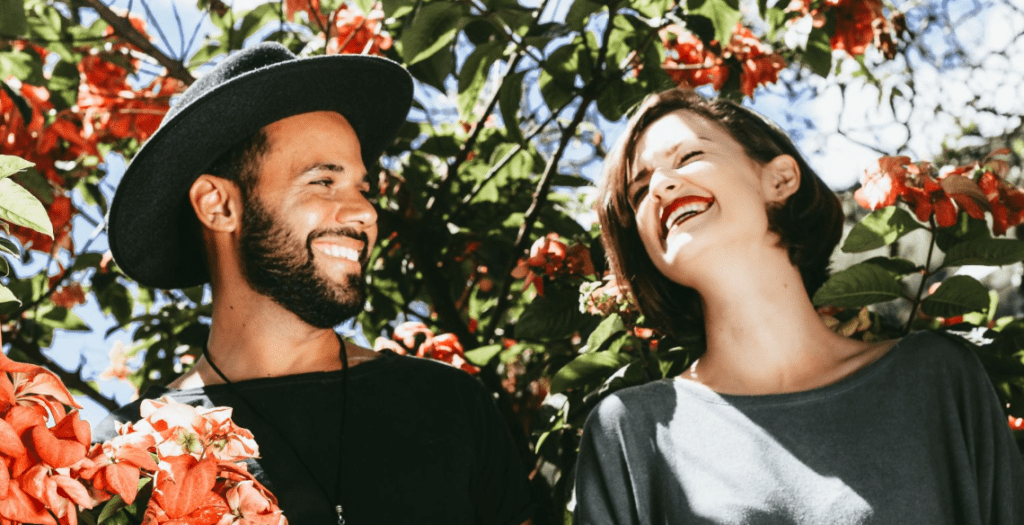
Dating burnout and improving your life
It seems like we’re seeing a lot of dating burnout, where someone spends a lot of time online dating or speed dating, and in the process loses sight of why they’re doing this. They want a partner, ok, but then what? You can’t plan your whole future around someone you haven’t met yet, because they will have their own hopes and ideas. You can live without a partner, and if you need to take time away from apps and blind dates, then that’s fine. That’s when you’ll get talking to someone cool, and you can trust your gut and invite them out for dinner. If not, my bra-free spaghetti idea is still good.
Conclusion
We all have an inner voice. Often, listening to it is a great way to figure out what we really want, and from there we can begin to know ourselves better. Our love lives may improve from here, or we might realise that actually, we need to take some time for ourselves. So intuitive dating is, in my mind, a very good idea. I suppose I intuitively think that it’ll work out for the best, one way or another.

Rachel Hall, M.A., completed her education in English at the University of Pennsylvania and received her master’s degree in family therapy from Northern Washington University. She has been actively involved in the treatment of anxiety disorders, depression, OCD, and coping with life changes and traumatic events for both families and individual clients for over a decade. Her areas of expertise include narrative therapy, cognitive behavioral therapy, and therapy for traumatic cases. In addition, Rachel conducts workshops focusing on the psychology of positive thinking and coping skills for both parents and teens. She has also authored numerous articles on the topics of mental health, stress, family dynamics and parenting.

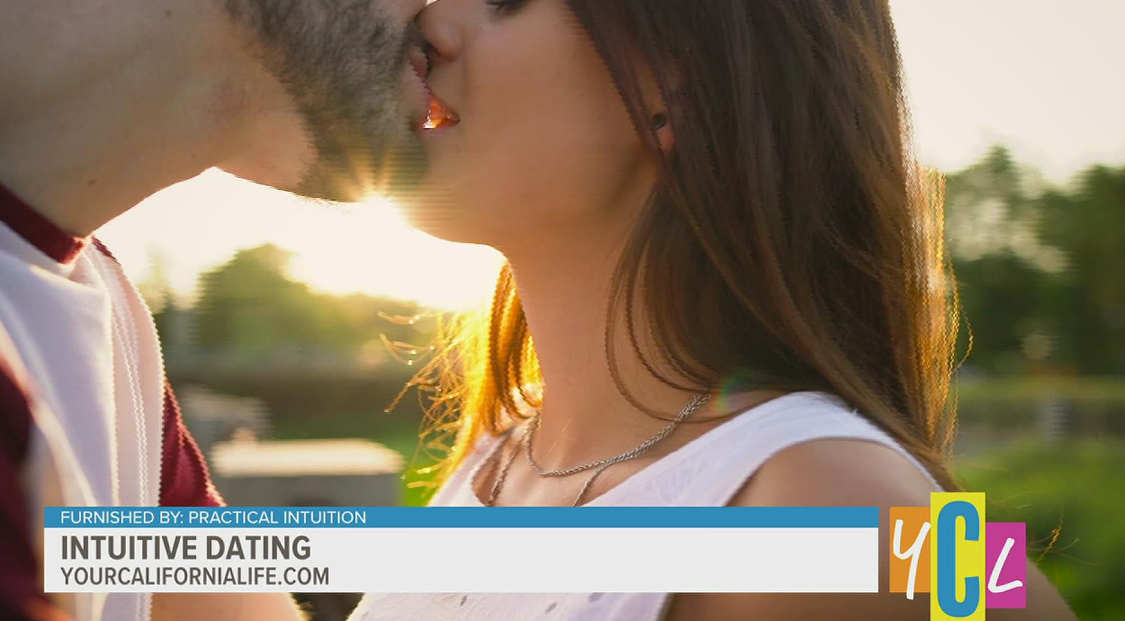
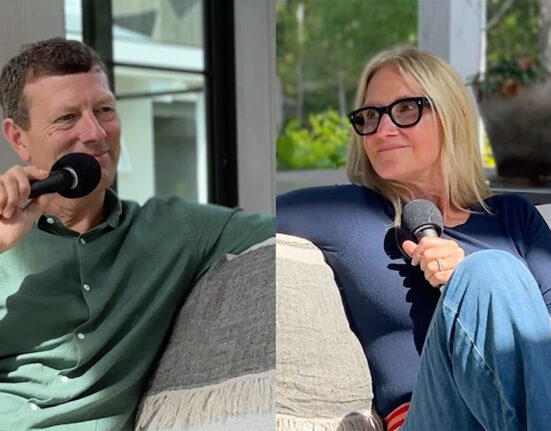

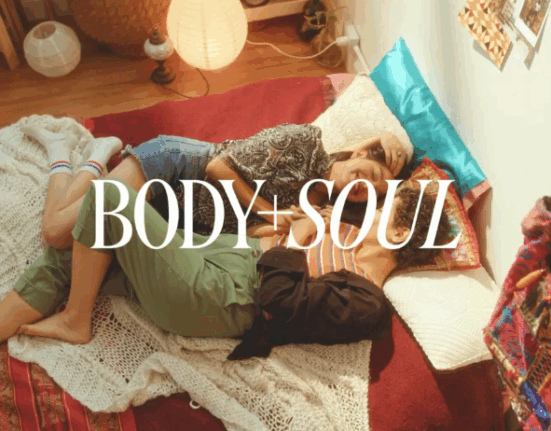
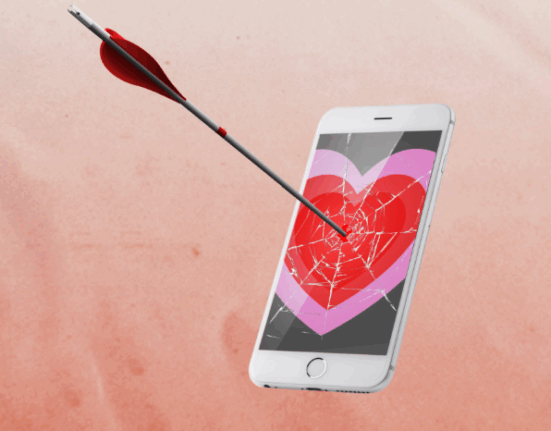
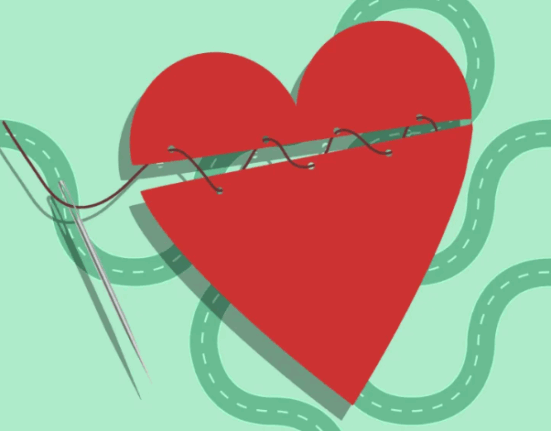
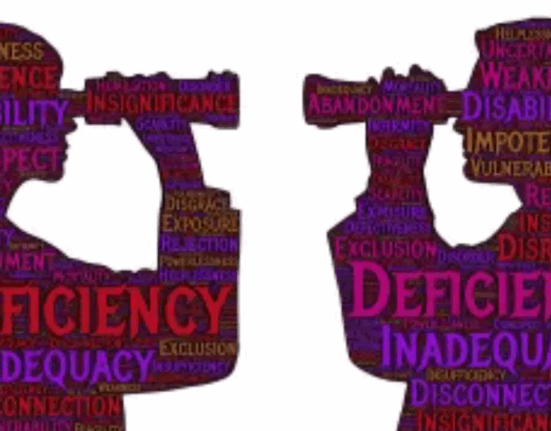
Leave feedback about this